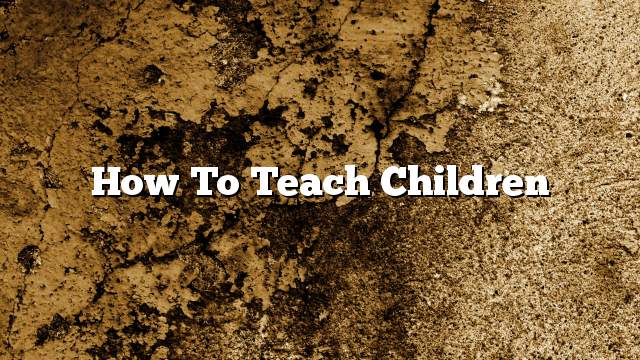Learning through play
Learning through play can be done by:
- Reading for the child: Reading aloud to the child is one of the most important activities in which he develops his language, by building the skill of knowing the sounds of words, enhancing vocabulary, memory, and strengthening the drive to read. When a child has successful reading experiences at an early age, he is more interested in reading, That helps:
- Provide books suitable for the age range between 3-6 years, and allow the child to ask questions, and to express his opinion and put his ideas during reading to him.
- Keep a variety of books appropriate to the child’s age as desired; to promote independent reading.
- Continue reading aloud to older children.
- Play with baby: To play games that require imagination, such as the game of the house, which is very important to the imagination of the child, and the development of the linguistic and social aspects of him, in addition to trying to imitate the child in his actions, for example if the child to carry a small stone and pay as if a car is good to go and act like him.
- Drawing and handicraft: Drawing helps to develop the child’s delicate motor skills, and portray the concepts of colors and numbers.
Setting limits
If the child is behaving in violation of the rules, we must make it clear to him that his behavior is wrong, and that he will be punished if he continues with these behaviors. For example, if he is riding the bike without the helmet, he will not be allowed to ride for two days.
Education strategies
Some strategies are preferred in educating children, especially for teachers. These strategies include:
- Begin reviewing the previous lesson before you begin to explain the new lesson.
- Explain new information through short steps.
- Many questions are addressed and answered.
- Support the lesson with examples.
- Make the child explain what they understand from the lesson.
- Review the information learned.
